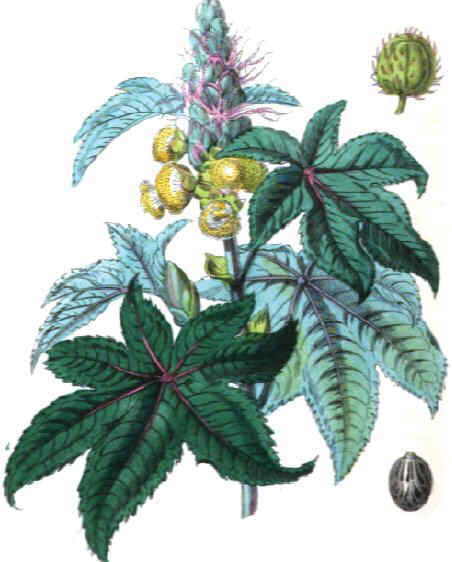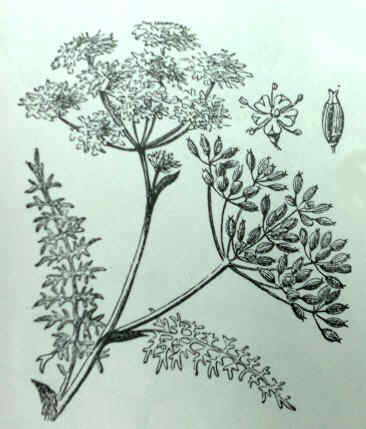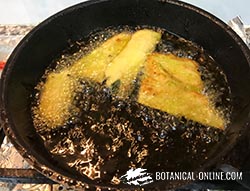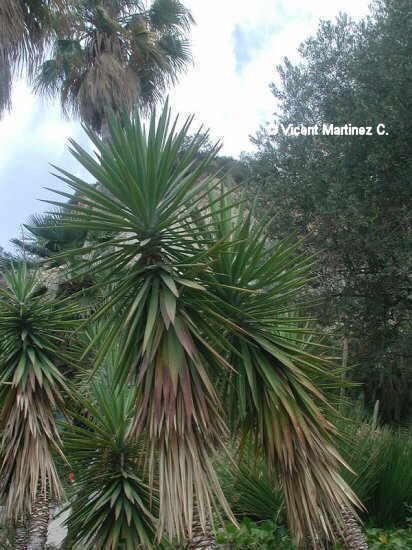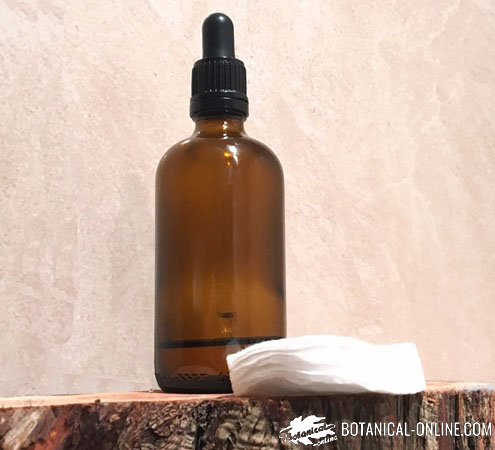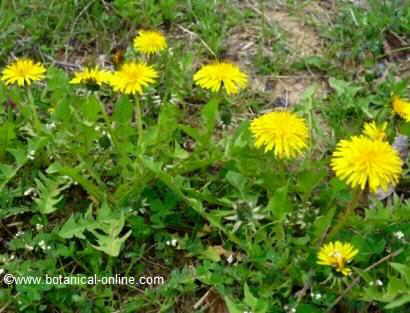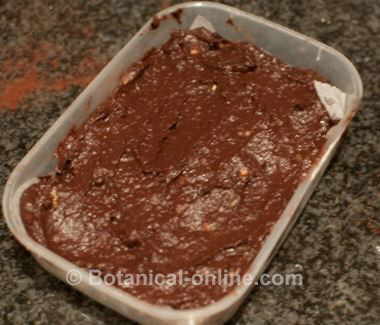Contents
How to grow black poplar
Characteristics of Populus nigra
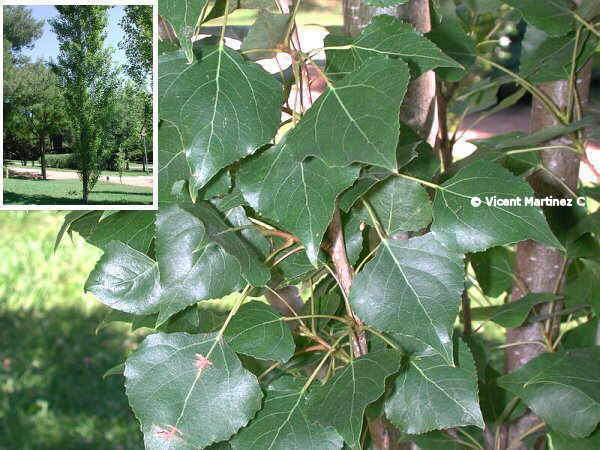
| February – March. Deciduous tree generally lengthened by the presence of lateral branches of vertical growth. Leaves till 7 cm, rhomboid or broadly triangular with the border largely toothed, glabrous and bright in the two faces. “Var. italica Duroi” – picture -, called Lombardy poplar, presents wider leaves with marked apex and more vertical growth. They can reach 35 m. |
| They like humid soils, although they are able to live in places where they don’t receive the enough quantity of superficial water thanks to their potent roots that look for it in the deepest layers of the underground. |
| For squares or gardens for their imposing aspect as well as to provide a thick shade. Also as screen to stop the winds, planted in array. It is a tree that grows quickly, so that it is used it, in extensive plantation, for the elaboration of weak timber, being this weaker than that of “Populus x canadiensis“.
The wood was sometimes used as a substitute for cork since, having a low density, it has a great buoyancy. From the young branches, by cutting and leaving them immersed in water for 24 hours, we have a product with hormonal properties used for rooting cuttings.
|
| To be cultivated in the sun. |
| By means of cuttings in winter. Under conditions of humid soil, they have a great capacity of self-reproducing by means of seeds that germinate easily. An appropriate location should be chosen, to avoid that the powerful roots ruin human buildings. |
| Preferably rich in organic matter, well drained and humid. |
Other species of “Populus“
Populus alba ——————— White poplar, silver poplar
Populus angustifolia ——————-………………
Populus balsamifera ——————-…………………
Populus x canadiensis ————– Canadian poplar
Populus candicans —————–…………….
Populus canescens ————–………………
Populus ciliata —————–…………….
Populus deltoides—————– Eastern poplar, Eastern cottonwood
Populus euphratica ————–…………
Populus fremontii ————– Alamillo, Fremont cottonwood, Western cottonwood
Populus gileadensis ————- ……………..
Populus heterophylla —————–…………….
Populus lasiocarpa ——————- Chinese necklace poplar
Populus maximowiczii ——————Japanese poplar
Populus sieboldii —————–…………….
Populus simonii —————– ……………..
Populus tremula ———————— Common aspen, European aspen
Populus tremuloides ——————— American aspen, quaking aspen
Populus trichocarpa ——————- Black cottonwood, Western balsam
Populus yunnanesis ———————– Yunnan poplar
![]() More information about plant cultivation.
More information about plant cultivation.


